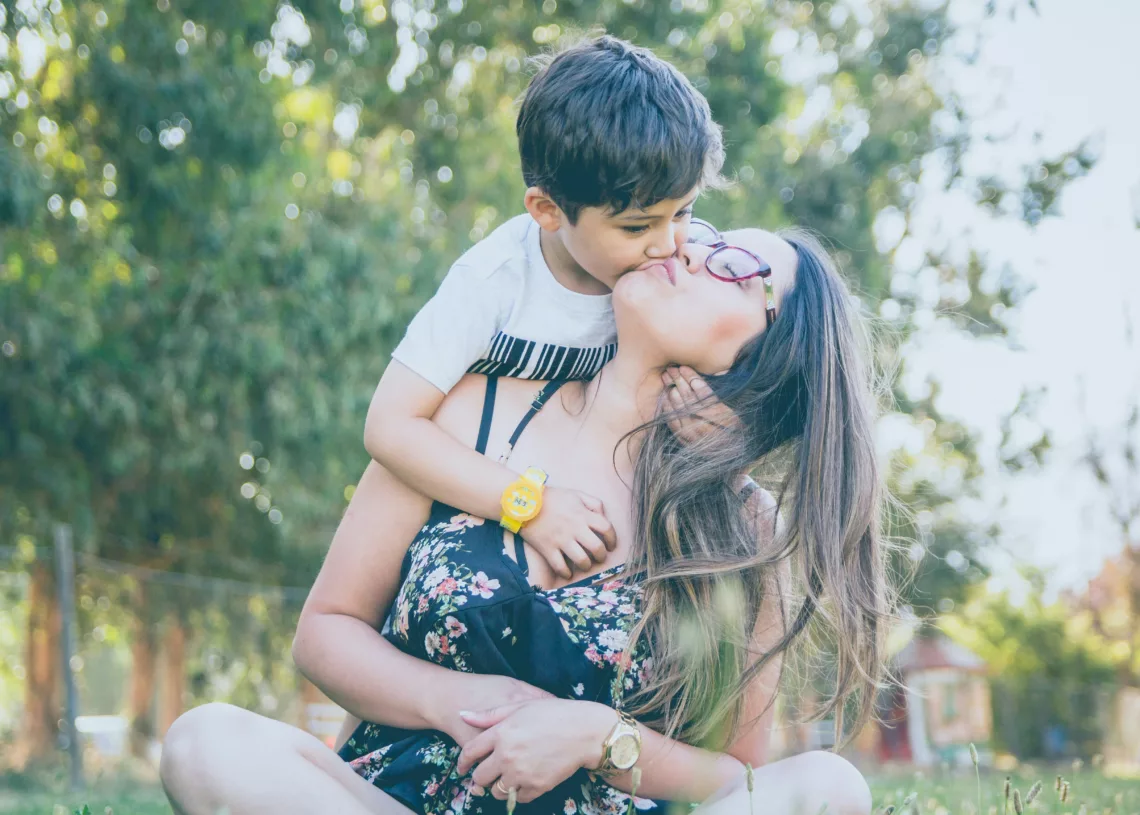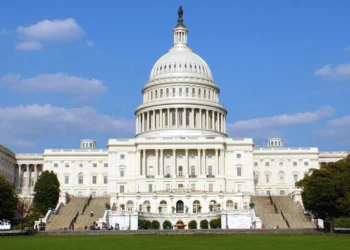Parenting is an intricate dance of love, discipline, and understanding. As we embark on a detailed exploration of the impact of parents kissing their children on the lips, we peel back the layers to reveal the complexity inherent in this seemingly simple act of affection.
The Affectionate Act Explored
Kissing, as an expression of love, holds a unique place in the realm of human connections. When parents extend this gesture to their children’s lips, it becomes a focal point for discussions on emotional bonds, cultural variations, and psychological implications.
The Impact on Children’s Well-being: A Psychological Perspective
To comprehend the impact, we turn to the insights of psychologists who delve into the intricate web of parent-child relationships. Dr. Emily Turner emphasizes that parents kissing their children on the lips can foster a beautiful expression of love and security. This act creates a sense of closeness, reinforcing emotional connections that form the bedrock of a child’s psychological well-being.
However, the context matters significantly. The sincerity and warmth behind the gesture play a pivotal role. When the act is genuine, it can be a powerful tool for building trust and emotional resilience.
Healthy or Potentially Problematic? Cultural Influences Unveiled
Determining whether kissing on the lips is a healthy expression of love or potentially problematic involves considering cultural nuances and individual preferences.
Cultural Perspectives: A Mosaic of Affection
Across different cultures, attitudes towards physical affection vary. In some cultures, kissing on the lips is not only accepted but is a customary practice symbolizing familial love. Understanding and respecting these cultural intricacies becomes imperative when evaluating the impact of such acts on children.
Did you know? In some Mediterranean cultures, kissing on the lips is a common display of affection among family members, and it is viewed as a natural and positive expression of love.
Considering cultural norms helps in dispelling judgments and allows for a more nuanced understanding of the diverse ways in which families express love.
Long-term Effects: Navigating the Positive and Negative Terrain
As we delve into the long-term effects of parents kissing their children on the lips, we encounter a spectrum of perspectives highlighting both positive and negative outcomes.
Positive Effects: Building Trust and Emotional Resilience
Research indicates that positive displays of affection contribute significantly to a child’s sense of security and self-worth. Kissing on the lips, when accompanied by genuine warmth and sincerity, can instill a deep sense of trust. This trust becomes a foundation upon which children build emotional resilience.
When approached with sensitivity, the act of kissing on the lips can create lasting positive memories and reinforce the idea that affection is a fundamental aspect of healthy relationships.
Negative Effects: Navigating Boundaries and Potential Confusion
Critics express concerns about potential negative effects, particularly when it comes to boundaries and age-appropriateness. The risk of confusion about appropriate physical boundaries may arise, raising questions about the child’s understanding of intimacy as they mature.
Food for thought: While some children may welcome and reciprocate the act, others may feel uncomfortable or confused. It’s essential for parents to be attuned to their child’s reactions and cues.
Dr. Michael Reynolds, a child development expert, advises that parents need to be vigilant about their child’s comfort level. If a child expresses discomfort, it becomes crucial to respect their boundaries and find alternative ways to convey love.
Age-Appropriateness: Navigating the Growing Years
As children grow older, the dynamics of parent-child relationships undergo transformations. Questions naturally arise about the age-appropriateness of parents kissing their children on the lips.
Adapting to Developmental Changes: A Balancing Act
Understanding developmental stages is essential in navigating the evolving nature of parent-child interactions. Dr. Sarah Martinez, a family therapist, highlights the need for parents to be adaptable and responsive to their child’s changing needs. What may have been acceptable at a younger age may require reevaluation as the child enters adolescence.
Insightful tip: Parents can maintain affectionate bonds by finding alternative gestures, like hugs or verbal affirmations, that align with the child’s evolving comfort level.
Developmental Considerations: Recognizing Individual Differences
Child psychologists stress the importance of recognizing and respecting individual differences in temperament and personality. What may be comforting for one child might be discomforting for another. Taking a personalized approach to affection helps create an environment where children feel understood and respected.
Expert Advice: Navigating Concerns with Open Communication
For parents grappling with concerns or uncertainties about the impact of kissing on the lips, seeking guidance from child psychologists becomes paramount.
Fostering Open Communication: A Pillar of Healthy Relationships
Dr. Jessica Simmons, a child behavior specialist, emphasizes the need for open communication within the family. Creating an environment where children feel safe expressing their thoughts and feelings is crucial for building a healthy parent-child relationship.
Expert tip: Engage in age-appropriate conversations with your child about physical affection, boundaries, and consent. This lays the groundwork for a deeper understanding of their feelings.
A Personal Perspective: The Father’s Dilemma
As a father, my personal choice is not to kiss my son on the lips. Every family is unique, and individual preferences in expressing affection vary. While this exploration serves as a guide, it’s essential for parents to reflect on their practices and consider the diverse perspectives surrounding parental affection.
Navigating the Affectionate Landscape
In conclusion, the impact of parents kissing their children on the lips is multifaceted, with both positive and negative aspects. Navigating this terrain requires sensitivity, open communication, and an unwavering commitment to understanding and respecting the needs of each family member.
External Links for Further Reading:
















































